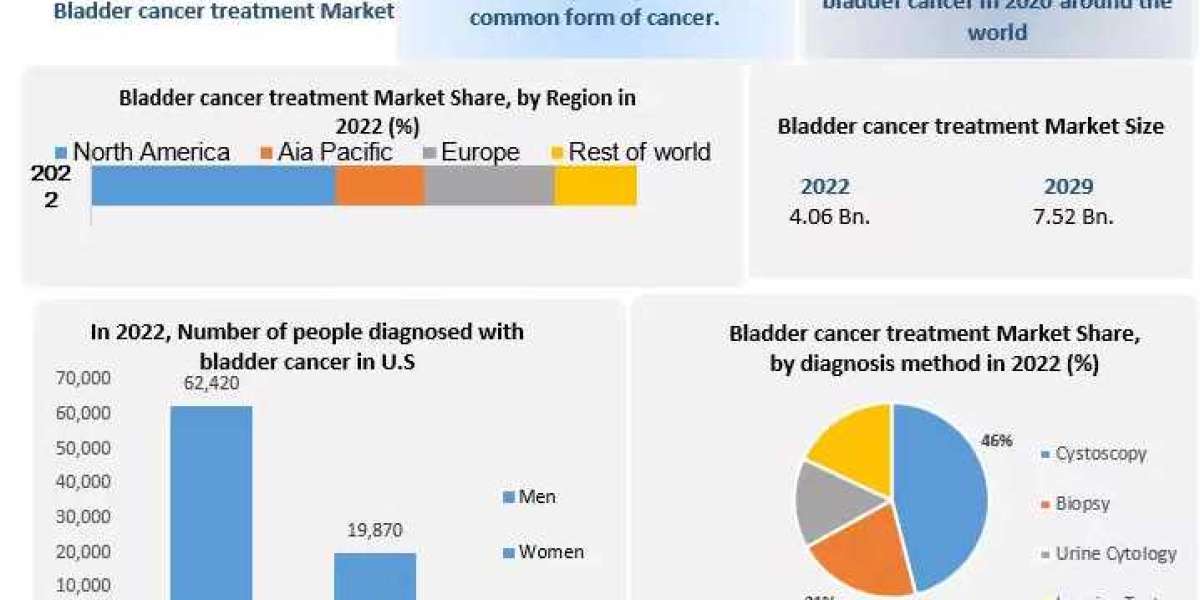Metastatic HER2-positive breast cancer represents a significant and challenging subtype of breast cancer. Characterized by the overexpression of the HER2 (human epidermal growth factor receptor 2) protein, this form of cancer is aggressive and often requires specialized treatment strategies. Understanding the landscape of metastatic HER2-positive breast cancer is crucial for navigating its complex treatment pathways and market dynamics.
Overview of Metastatic HER2-Positive Breast Cancer
Metastatic HER2-positive breast cancer occurs when HER2-positive breast cancer cells spread beyond the original site in the breast to other parts of the body, such as the liver, lungs, or brain. This advanced stage of cancer is associated with a poorer prognosis compared to other subtypes of breast cancer, primarily due to its rapid progression and resistance to conventional therapies.
Current Treatment Strategies
The management of metastatic HER2-positive breast cancer has evolved significantly over the past decade, with new therapies transforming patient outcomes. The cornerstone of treatment typically includes HER2-targeted therapies, which are designed to specifically inhibit the HER2 protein's activity. These therapies often include:
- Trastuzumab (Herceptin): A monoclonal antibody that targets the HER2 protein, reducing its ability to promote cancer cell growth.
- Pertuzumab (Perjeta): Often used in combination with trastuzumab, pertuzumab blocks HER2 dimerization, which is essential for the cancer cells' growth signaling.
- T-DM1 (Kadcyla): This drug combines trastuzumab with a chemotherapy agent, allowing for targeted delivery of the chemotherapy directly to the HER2-positive cancer cells.
In addition to HER2-targeted therapies, newer options such as antibody-drug conjugates (ADCs) and novel small molecule inhibitors are being explored. These advancements offer hope for more effective and personalized treatment strategies, potentially improving patient outcomes and extending survival.
HER2 Breast Cancer Market Trends
The HER2 breast cancer market has experienced substantial growth due to the increasing prevalence of HER2-positive breast cancer and the development of innovative therapies. Market dynamics are driven by factors such as:
- Therapeutic Advances: Continuous research and development in HER2-targeted therapies are leading to the introduction of new treatments and combinations.
- Clinical Trials: Ongoing trials are exploring novel therapies and combinations, which could further enhance treatment options and market growth.
- Patient Population: The increasing awareness and diagnosis of HER2-positive breast cancer contribute to a growing patient base and, consequently, a more dynamic market.
The HER2 breast cancer market is characterized by the presence of major pharmaceutical companies investing heavily in research and development. Their focus is on improving existing therapies and developing new treatments that offer better efficacy and fewer side effects.
Challenges and Future Directions
Despite the progress, challenges remain in managing metastatic HER2-positive breast cancer. Resistance to HER2-targeted therapies, disease progression, and the management of treatment-related side effects are areas of ongoing concern. Future research aims to address these challenges by:
- Enhancing Early Detection: Improving diagnostic methods to detect metastasis earlier could lead to more effective intervention.
- Personalized Medicine: Tailoring treatments based on individual patient profiles to maximize efficacy and minimize adverse effects.
- Combination Therapies: Exploring new combinations of targeted therapies and chemotherapy to overcome resistance and improve patient outcomes.
Conclusion
The landscape of metastatic HER2-positive breast cancer is marked by significant advancements in treatment and market growth. With ongoing research and the development of innovative therapies, there is optimism for improving outcomes for patients with this challenging cancer subtype. Staying informed about the latest developments in HER2 breast cancer treatments and market trends is essential for navigating the evolving landscape of metastatic HER2-positive breast cancer.
Trending Reports






